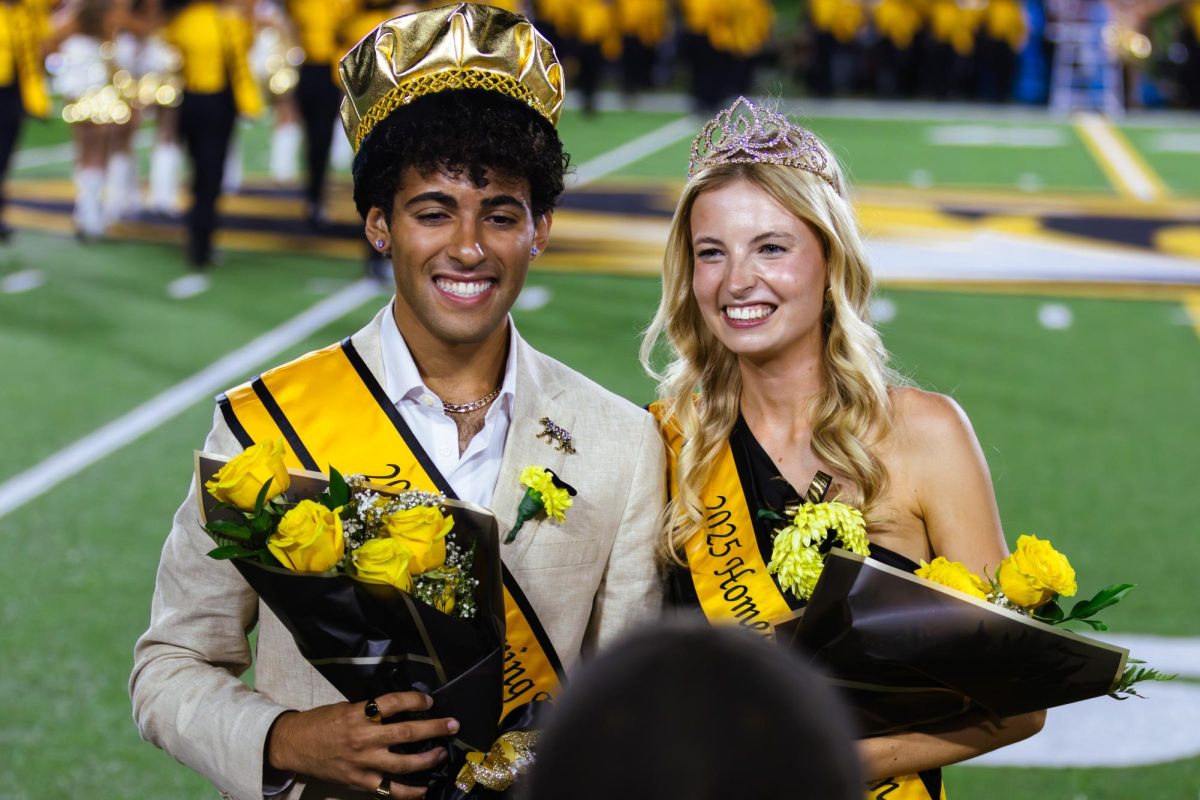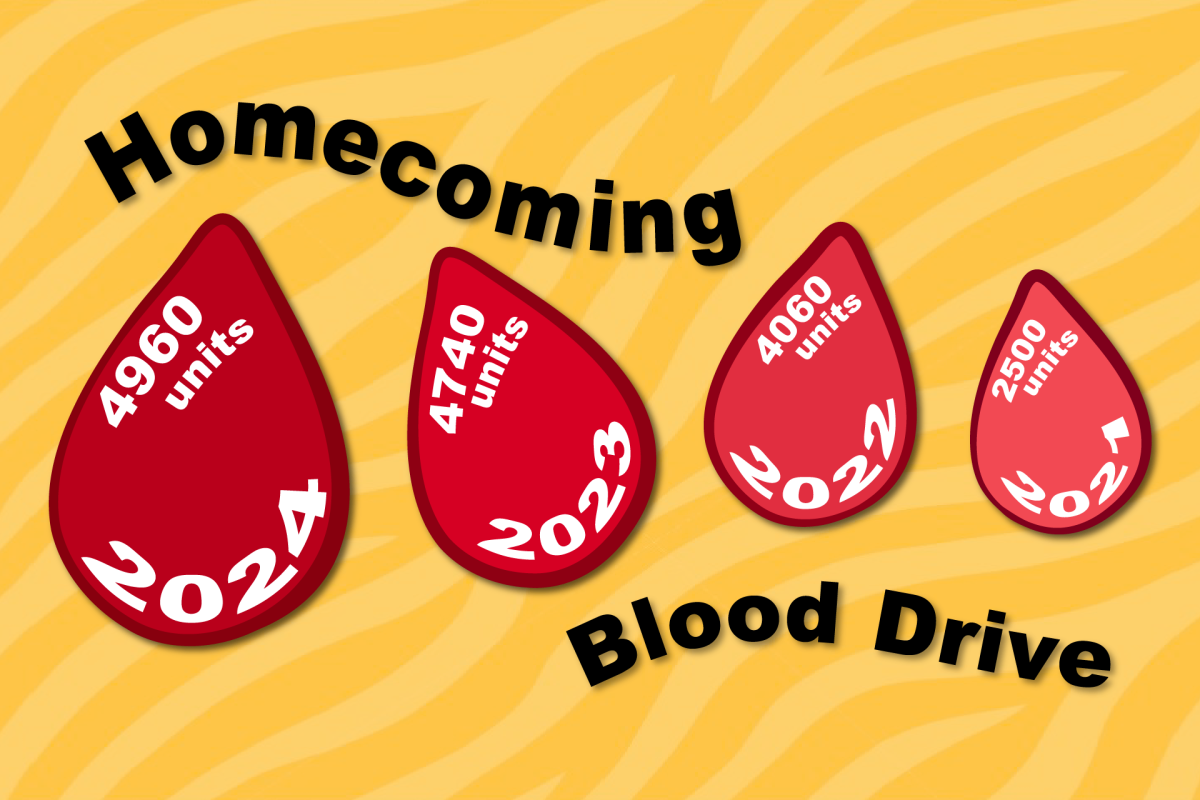ESPN Executive Vice President John Walsh arrived at the Reynolds Journalism Institute on Friday to answer students’ questions regarding the business of sports media.
Walsh, an MU alumnus, said he likes to return and give back to the school that helped him onto the path leading to his position at ESPN. Walsh began his discussion by talking about the present state of media in general.
“You’re living in a great time, in a great age, for what the future of media is,” Walsh said.
New inventions that enhance the way we can tell stories come out every day, Walsh said.
“Storytelling will win out over everything,” Walsh said. “The better storyteller you are, the better researcher you are. The better researcher you are, the more insightful you are about picking certain facts over others, noticing how things fit together, and the further ahead you’re going to be in the game.”
Walsh was honest when asked about the direction of ESPN and his preferences in the sports media world. Walsh said the “of the moment” concept in media and the values of the consumer disturb him.
“If Tim Tebow is going to the bathroom, we’re going to report on it,” Walsh said. “It sickens me, all this trend stuff. It sickens me, the values that we have and ideas. The loss of context and perspective is frightening me.”
Walsh talked about the qualities for which he looks in an employee.
“We look for people who are hardworking,” Walsh said. “We look for people who are very sports knowledgeable in various types of sports knowledge. … Content is king. It is very important. The originality of thought, along with the curiosity of content, is what we value a lot.”
The mission of ESPN is to serve sports fans wherever sports are watched, listened to, discussed, debated, read about or played, according to the ESPN Careers website.
The best way to enhance one’s ability to fulfill ESPN’s mission is to do whatever it takes to become better with words, Walsh said. In the end, a lot of sports media comes down to how they reach out to audiences with word usage. Media outlets have to know how their audiences think, and curiosity and ambition often trump intellect.
Freshman Adam Knorr, who attended the discussion, said he found Walsh’s advice very helpful.
“I liked it when Walsh talked about looking for a place that gives you responsibility and work you can show off later,” Knorr said.
It’s most important for journalists to do what makes them happy, Walsh said at the end. There is no time to worry about taking risks — that’s just a part of life.
“One thing I did not want to be was being unhappy on the job,” Walsh said. “When luck hits you, and it may not, you’ve got to take advantage of it, make the most of it. You have to know what’s right for you and what you’re going to be successful at.”







